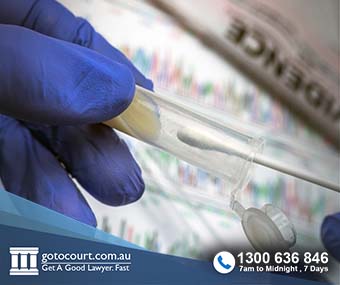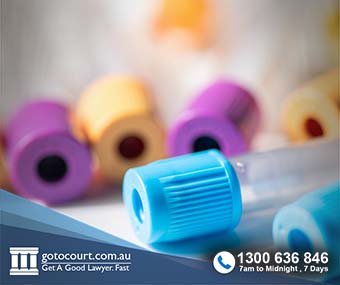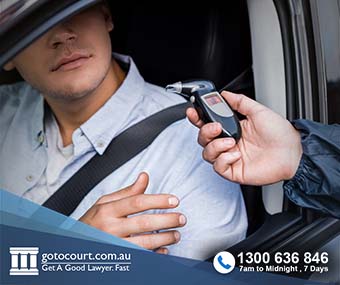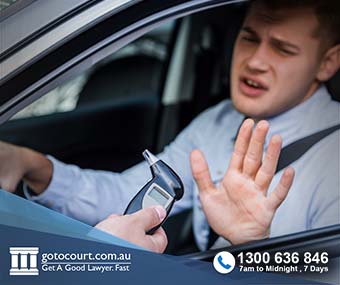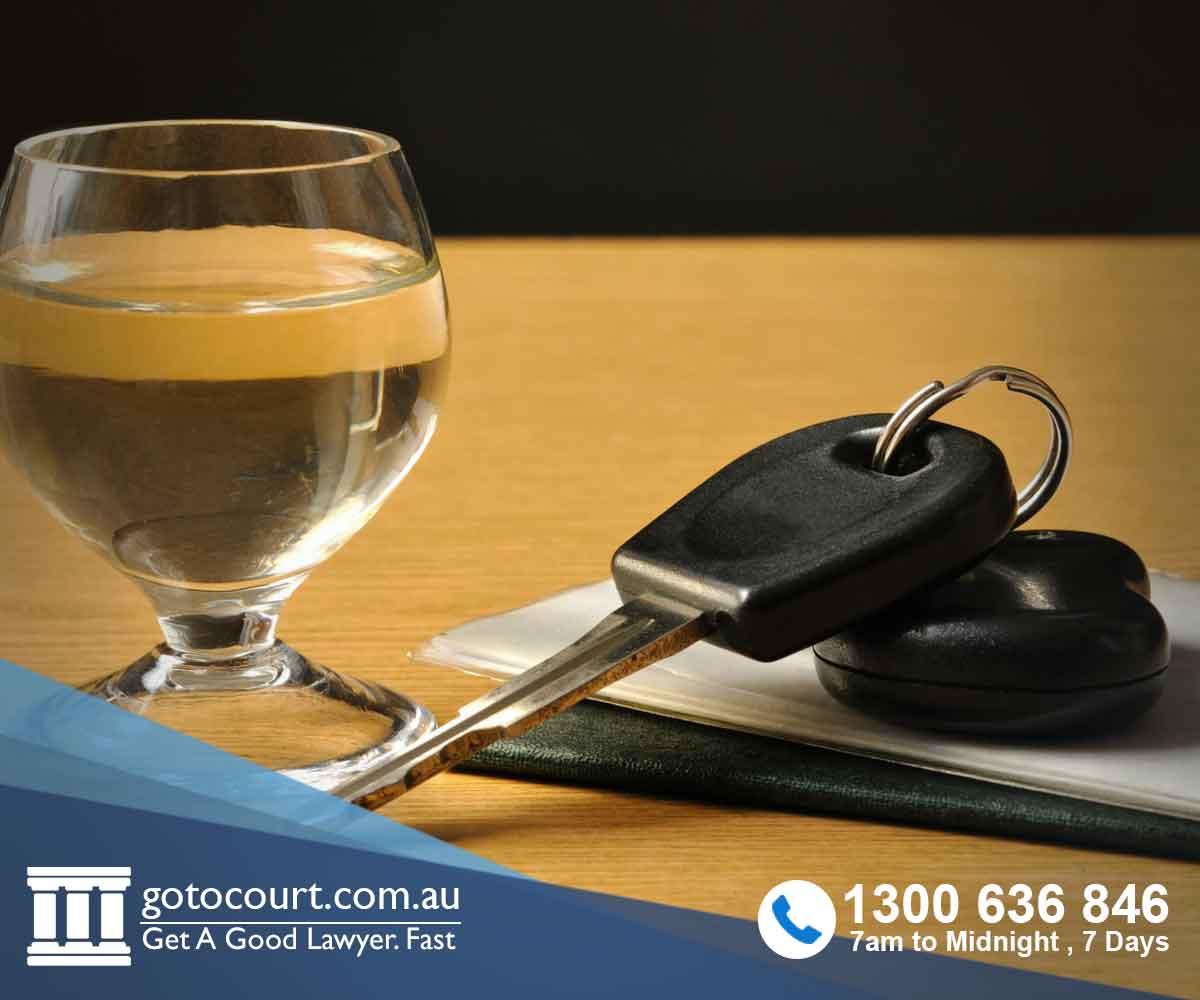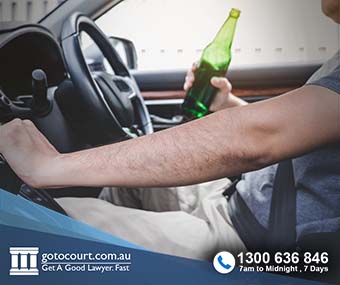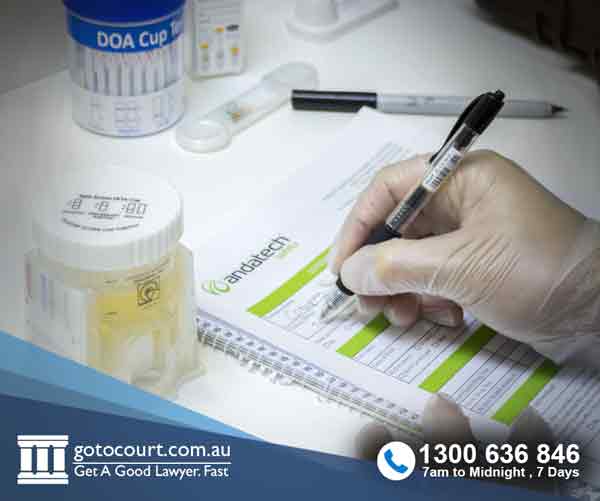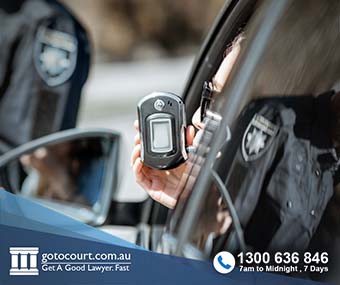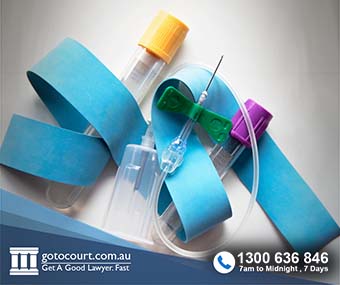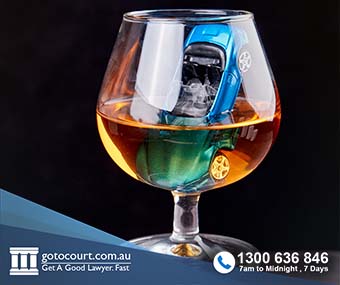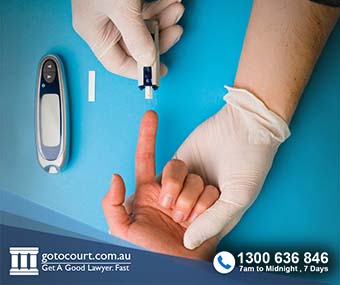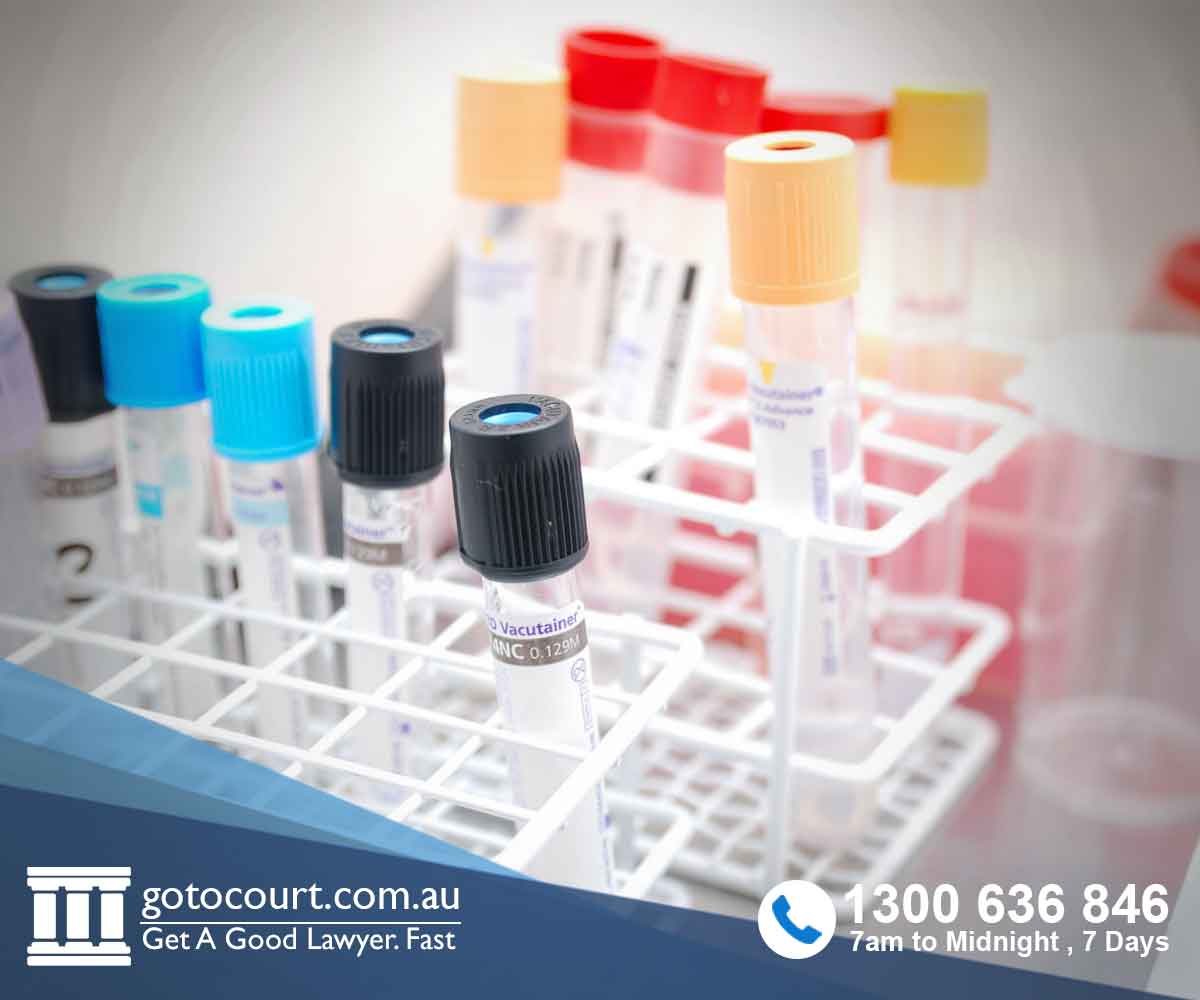Call our lawyers
now
or,
have our lawyers
call you
DUI Blood Tests in the ACT
Updated on Dec 05, 2022 • 4 min read • 206 views • Copy Link
DUI Blood Tests in the ACT
In the ACT, police may require a driver to give a sample of their blood for analysing to determine whether they have driven a motor vehicle under the influence of alcohol. The rules for requiring a blood test in the ACT and a driver’s rights in relation to police requests for DUI blood tests in the ACT are contained in the Road Transport (Alcohol and Drugs) Act 1977.
When will a blood test be required?
If you are involved in a crash or a police officer otherwise randomly pulls you over for testing, you may be required to participate in a breath test or an oral fluid (saliva) test to check whether you have driven a motor vehicle under the influence of a prohibited drug or alcohol. If either of these tests have a positive result, you should be taken by the police officer into custody and required to take a further test in the form of a breath analysis to test for alcohol or an oral fluid analysis to test for drugs.
Alternatively, the police officer may require you to undergo a blood test in the ACT by giving a sample of your blood for analysis.
A police officer can require you to give a sample of your blood for analysis in the following circumstances:
- If you cannot take a breath test or oral fluid analysis because you have suffered an injury or it would otherwise be dangerous to your health;
- If a breath analysis or oral fluid analysis device is not available or not working; or
- You cannot give a sufficient sample for oral fluid analysis.
Procedure for a blood test in the Australian Capital Territory
The Road Transport (Alcohol and Drugs) Act 1977 has very prescriptive rules for how a sample of your blood can be taken. The police officer must organise for you to be taken to a hospital or sampling facility for the sample to be taken, unless you are already in a hospital. A blood sample must not be taken if two hours have elapsed since the happening of an accident, or since you drove the car, or since you arrived at hospital. The blood sample must be taken by a doctor or a nurse within two hours of you arriving in hospital or a sampling facility in the presence of a police officer. A doctor or nurse may refuse to take the blood sample; however, they will commit a crime for which he or she may be fined up to 10 penalty units (subject to the availability of certain defences). The blood sample is placed in a labelled container, which is sealed with a tamper-evident seal and then into a one-way box for collection. It will then be tested. You do not receive a part of the sample.
Taking blood samples after an accident
Doctors and nurses have a separate obligation to take a sample of your blood if you are involved in an accident and taken to a hospital within 6 hours of the accident occurring. If they fail to do so, they will commit a crime and may face a fine of up to 10 penalty units. However, there are defences to this charge; for example, if taking the sample would negatively affect your medical condition. The sample is placed in a labelled container, which is sealed with a tamper-evident seal and then into a one-way box for collection and testing.
Refusing to let a blood sample be taken
You will commit an offence if you refuse to undergo a blood test in the ACT. The maximum penalty for this offence is a fine of 30 penalty units. However, you can refuse to give a sample of your blood for conscientious, medical or religious reasons.
Blood sample used as evidence
The results of an analysis of your blood can be used to show you drove a motor vehicle under the influence of either drugs or alcohol. However, if the rules for taking the sample in the Road Transport (Alcohol and Drugs) Act 1977 are not complied with, the charges against you will be dismissed unless the court is satisfied that the non-compliance did not affect the accuracy of the analysis.
If you require legal advice or representation in any legal matter, please contact Go To Court Lawyers.

Affordable Lawyers
Our Go To Court Lawyers will assist you in all areas of law. We specialise in providing legal advice urgently – at the time when you need it most. If you need a lawyer right now, today, we can help you – no matter where you are in Australia.How It Works







1. You speak directly to a lawyer
When you call the Go To Court Legal Hotline, you will be connected directly to a lawyer, every time.


2. Get your legal situation assessed
We determine the best way forward in your legal matter, free of charge. If you want to go ahead and book a face-to-face appointment, we will connect you with a specialist in your local area.


3. We arrange everything as needed
If you want to go ahead and book a fact-to-face appointment, we will connect you with a specialist in your local area no matter where you are and even at very short notice.

